The Vulgarization of Language
And the hell it leads to.
As I pace the bookstore, something about the “Best-Sellers” section catches my eye. There is a striking uniformity in the books in this category, not because of their bright colors or corporate-looking fonts, but because nearly every book uses some form of profane or vulgar language in its title.
This is a phenomenon that has been going on for a while, and the worst part is that we’re now used to it to the point that we don’t even question why we are so comfortable with vulgar language. Caught in the growing trend of expletive self-help book covers, magazines, movies, and TV shows, we’ve come to view such language as normal.
And even though some readers might think I’m making a big deal out of nothing, I actually think this trend is profoundly worrying, as it signals a much bigger cultural problem and slowly leads us all, as a culture, to dark, dark places.
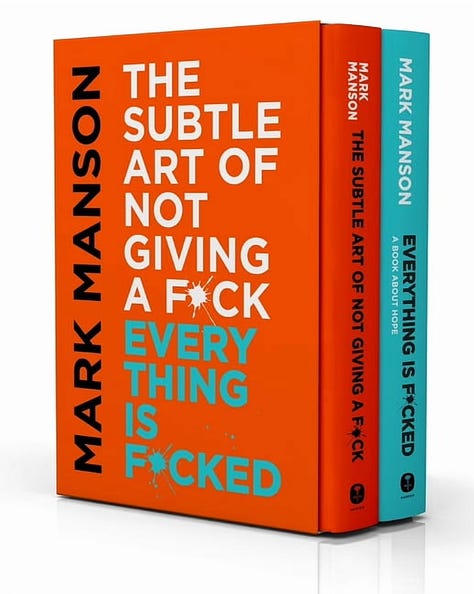



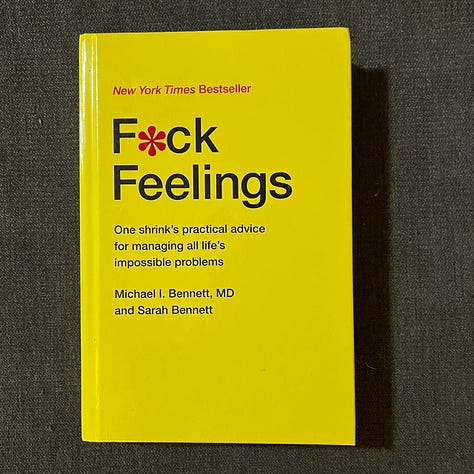

Vulgarity is the New Normal
One of my resolutions at the beginning of this year (at which I’m failing miserably so far, but doing my best), was to completely clean up my language. I decided that I wanted to stop swearing and using profane words, in an effort to be more austere and coherent with my beliefs. After all, every little choice that we make can either bring light into the world, or darkness. Under that view, cleaning up your language is not only a necessary act of coherence, but of rebellion against a world that desperately seeks to normalize the low, the obscene, and the vulgar.
My anecdotal example at the bookstore is not the only way to prove that vulgarity is trending. There’s a very interesting list ranking Hollywood movies by their use of the f-word1 , and it’s really not surprising that from the movies listed, 77% were produced after the year 2000, 48% after the year 2010, and 32% in the last ten years.
Vulgarity is the new normal. Whereas explicit content just some years ago required some form of age verification in order to get access to it (whether that be in movies, videogames, or music), now you can just stream the “Sluttiest Songs/Hoe Anthems”2 any time you want!
It’s undeniable that our speech, art, and culture have all become significantly more vulgar, explicit and obscene. But don’t take my word for it, go to your local bookstore, browse Netflix or the Spotify top charts and actually pay attention to the titles, lyrics, and dialogues. Try to notice what’s being said, and you’ll undoubtedly see for yourself.
Now, as I said before, maybe some readers might think I’m making a big deal out of nothing. I can’t blame you. I used to brush off this cheapening of language as “no big deal” as well. But after giving it some thought, and after making a firm commitment to live a life dedicated to the pursuit of virtue, I can’t help but think that this trend is, in fact, kind of a big deal.
Why Language Matters
Language shapes thought
The connection between the words we speak and the thoughts we think has been studied for many years. Perhaps the most widely recognized theory from the world of linguistics that proves the deep connection between speech and worldview is called The Sapir-Whorf Hypothesis,3 which claims that our words literally shape how we perceive the world. In simple terms, the language we use determines the thoughts we can have (as a limited vocabulary will make it more difficult to form complex, abstract thoughts), which means that when our vocabulary becomes coarse and vulgar, our thinking follows. Practically speaking, it becomes impossible to have elevated thoughts with degraded language.
And if you think about it, it makes complete sense. We know that repeated exposure to cognitive stimuli creates neural pathways in your brain, and thus your brain basically rewires itself around the language patterns you use the most.
In the case of vulgar expressions, what ends up happening is that when you only know 5 words to express your emotions (all vulgar), for example, you can’t process complex feelings. Someone with rich language might say “I’m frustrated,” “I’m indignant,” “I’m exasperated” to describe significantly different nuances of thought in each wordd, whereas someone with poor vocabulary will simply say “I’m f*cking angry,”
Vulgar language is not only cheap, it’s also imprecise. When everything bad is described as “sh*t”, it becomes impossible to understand the situation properly and devise strategies to fix it. Compare two men describing the same situation:
Man A: “Work is f*cked, my boss is an as*hole, everything’s sh*t”
Man B: “My workplace lacks clear direction, my boss micromanages us, and morale has collapsed”
Which man can actually solve problems? Which man even understands what the problems are? One complains mindlessly, the other communicates precise problems and understands exactly what’s going on, so that he can actually do something about it.
These two men have drastically different perceptions of the world, and it’s in large part due to the words they speak.
Thought shapes character
It’s also no secret that who you are is determined by what you think. Your thoughts determine your actions and your actions are reflections of your character. It’s not an exaggeration to say that you become what you think about, so if your thinking is vulgar, your character will mirror that trait.
I mentioned in an earlier viral article how as you try to clean up the content that you consume, your sensibility towards degeneracy and vulgarity increases. The same thing happens in the other direction: the more vulgar content you consume, the more used you’ll be to it and the more your sensitivity to vulgarity will decrease.
There’s also arguably a connection between proper language and well-developed impulse control. Vulgar language is almost always impulsive, and if you don’t make an effort to control the words you say, you’ll slowly lose the ability to control how you act as well. In short, speaking without filter trains you to act without filter. How do we expect a man to control his temper, his appetites, and his desires if he can’t even control the words that come out of his mouth?
Virtuous speech naturally begets a virtuous character. I can tell you that even though I have a long road ahead of me before I manage to completely clean up my vocabulary, just making the effort to be intentional with my speech has brought significant improvements to the way I communicate and behave. When you can’t take the easy way out of profanity to communicate, you’re forced to be more mindful of your thoughts, words, and actions and actually choose the right words and expressions to communicate.
The self-control that makes a man virtuous includes control over our very often impulsive tongue
Character shapes culture
Vulgar speech builds vulgar thoughts, such thoughts construct vulgar characters, and finally, in the final step of this downward stairway, people of vulgar character build degraded cultures.
Every man who speaks vulgarly gives permission to ten others to do the same, every crude joke normalizes crudeness for everyone listening, and these speech patterns influence our children, friends, and coworkers whether we intend it or not.
We can see how quickly such speech has led to the degradation of our culture: class and elegance are now effortful “vintage” trends instead of the common sense standard, Hollywood deliberately normalizes vulgar language through entertainment, schools don’t teach eloquence and rhetoric anymore, and institutions that once maintained standards of discourse —churches, universities, media organizations— all (in varying degrees) capitulated and adopted vulgar, “common-folk” speech to appear “inclusive” and “welcoming”.
This is not just bad because it makes a culture objectively uglier across all metrics, but also because by destroying precise, elegant language, it’s much easier for the eternal enemy to breed confusion and chaos.
Orwellian double speak can spread much, much easier in a culture that has forgotten how to communicate properly and that has replaced virtuous, accurate, and meticulous language with broad, undefined, ejaculatory curse words. If we live in a confused, distasteful society, it’s in no small part because we’ve forgotten that speech is a gift from God that needs to be protected and honored, not something meaningless to be used mainly to gain attention, likes, clicks, and spark controversy and scandal.
Vulgar men build vulgar civilizations. And the opposite is also true.
If Christian men —we who are called to imitate the perfect virtue of Our Lord— don’t maintain standards of speech, who will? Change and refinement has to start with us. Our religion is the religion of beauty, class, and higher standards of behavior, and we must model those virtues in our language too.
Every conversation where we refuse crudeness, every precise word we use instead of lazy profanity, every decision to model dignified speech, are all acts of cultural warfare against the vulgar, distasteful, destructive enemy.
The Spiritual Dimension
We need to remember that words have tremendous power. God Himself spoke the world into existence. We see throughout the Bible countless affirmations proving just how powerful truthful speech is on a spiritual dimension:
In the beginning was the Word, and the Word was with God, and the Word was God. He was with God in the beginning. Through him all things were made; without him nothing was made that has been made. In him was life, and that life was the light of all mankind.
— John 1:1-5
Language is one of the ways in which God made us in His image, and one of the most beautiful ways in which we are different from irrational animals. But that line that separates us from all the other species becomes blurry when we stop speaking intentionally. You could argue that man becomes more human when he makes an effort to communicate precisely, and more animalistic in nature when he communicates impulsively and imprecisely.
Using language —that beautiful gift from God— vulgarly is desecrating a sacred blessing we’ve been given. We must strive to honor God in everything we do, and to die to ourselves so Christ can live in us. Speaking properly is how we honor God with our speech.
If you disagree, try to imagine Christ, the Word, God incarnate, reading this out loud:
We are supposed to be different, and share the light of God with the world. Our speech is an instrument for that purpose. As imitators of Christ, we have a responsibility to make better choices, even in those seemingly little, meaningless aspects of our lives like our words and thoughts. Saint Paul seems to agree:
Let your speech always be gracious, seasoned with salt, so that you may know how you ought to answer every one.
— Colossians 4:6
Fighting Back Against Vulgarity
As always, when commentating on negative cultural phenomena, I like to end with a specific action plan for you, so as not to fall into the temptation of complaining for its own sake. So, to finish on a hopeful note, here are some specific steps that you can take today to help bring back refinement and class to a culture that desperately needs it:
First, simply start by being aware of how you speak. Pay close attention to the words you say, the curse words you use, notice whenever you’re being imprecise or when you’re lacking the vocabulary to express yourself correctly. Awareness is always the first step.
Then, make a commitment to remove vulgar, cheap language from your vocabulary, and to enrich it by reading classic books and finding words that describe specific feelings, situations or things. Practice using precise language even in casual scenarios.
Finally, try your best to influence the people around you to do the same. Don’t do this by being preachy, but by simply exemplifying how one can participate in group discussions while maintaining a more elevated language. Simply choose not to participate in crude conversations and to speak in a classy manner at all times.
Many will argue that this will make one “boring” or “overly solemn”, but it’s not about that at all. From experience, I’ve noticed that it’s absolutely unnecessary to use profanity to be funny, and it usually is just a cop out or an easy way to try and be “edgy” without really having to work on your sense of humor. If anything, my sense of humor has become better after I’ve made efforts to clean up my language.
I want to reiterate that this is not about being prudish or “holier-than-thou”. It’s about recognizing that language has power, and the enemy has been using it effectively to confuse, lie, and manipulate. Every time you speak with precision, dignity, and beauty, you’re fighting back. Every crude word you refuse to speak is a small victory in the spiritual war.
Similarly to the practice of chastity, elevated speech is also a sign of masculine strength, as it takes more discipline to speak well than to speak carelessly. And in an age of degradation in which falsehood takes the place of truth, maintaining standards in speech is an act of righteous rebellion.
Woe to those who call evil good and good evil,
who put darkness for light and light for darkness,
who put bitter for sweet and sweet for bitter!
— Isaiah 5:20
Be careful how you speak. Your words create your thoughts, your thoughts create your character, and your character creates the culture that your children will inherit.
Thank you for reading!
If you enjoyed this post and could leave a like or comment it would be greatly appreciated, as it will help my work reach more people.
If you liked this article, you’ll love my books.

https://en.wikipedia.org/wiki/List_of_films_that_most_frequently_use_the_word_fuck
Kay, Paul & Kempton, Willett. (1984). What Is the Sapir‐Whorf Hypothesis?. American Anthropologist. 86. 65 - 79. 10.1525/aa.1984.86.1.02a00050.



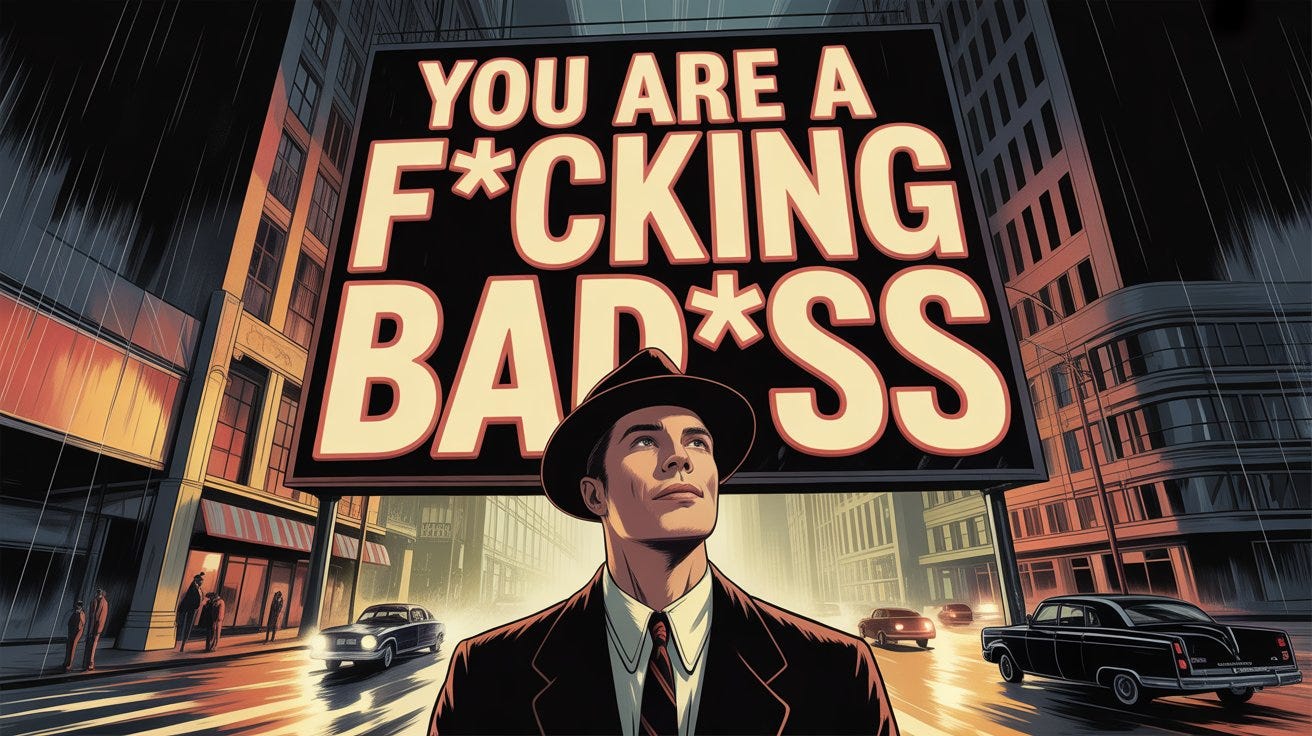
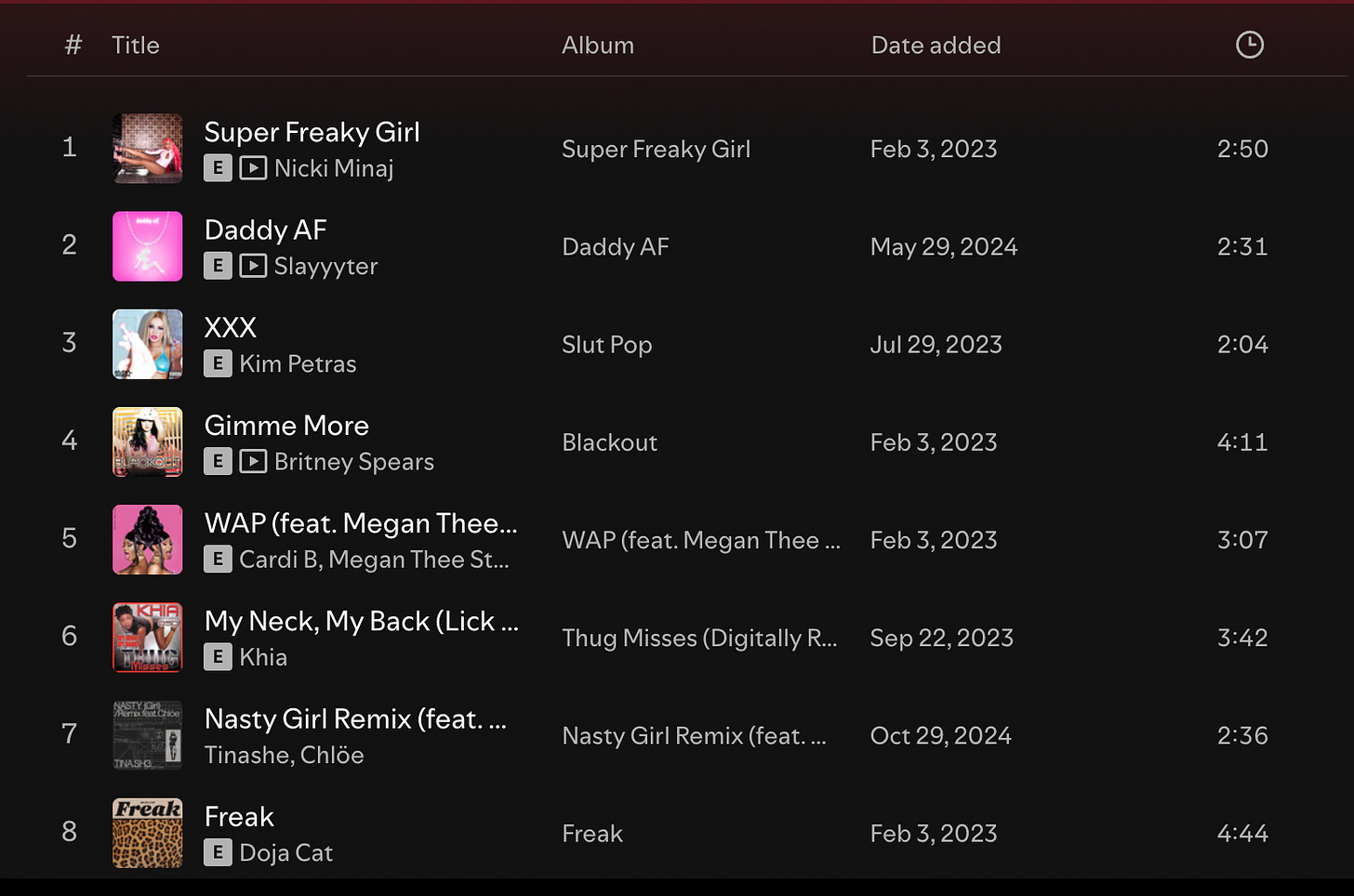
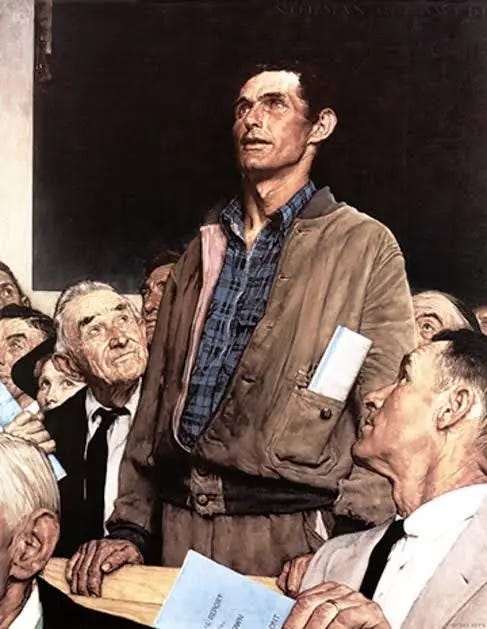

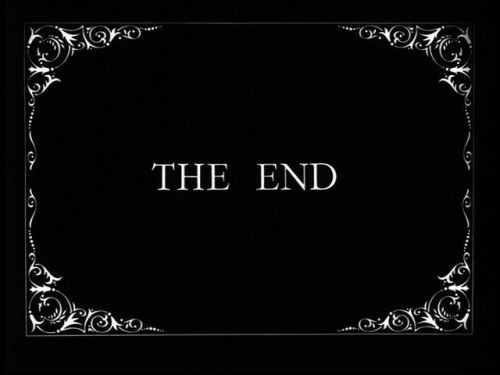
A long time ago, someone pointed out to me that using lots of profanity while talking conveys a desire to be perceived as strong or tough, as though you have to speak that way to feign strength or to attract people to what you're saying. Noticing this changed the way I understand people who use lots of profanity and it also changed the way I try to speak. If I want to be a strong man, I should have a strong character and mean what I say and not be afraid to follow through with what is right. Using strong words should be used sparingly, if at all.
I'm very glad that I had subscribed to you a while ago. It seems my main feed here on substack is pushing the kind of vulgar language you are talking about. So, especially by contrast, I really appreciate your thoughtful reflections on virtue. My wife and I both enjoy your work.
Whenever I'm reading an essay and they drop an f bomb, I am almost relieved because it tells me the rest of the essay is likely not worth the time taken to read it. There is a class stratification to language but it's not snobbish. To notice that people who talk and write obscenely are also the people whose society is not worth entertaining is simple pattern recognition. They act poorly in this aspect of their lives so everything downstream of language will be polluted by the disordered use of it.